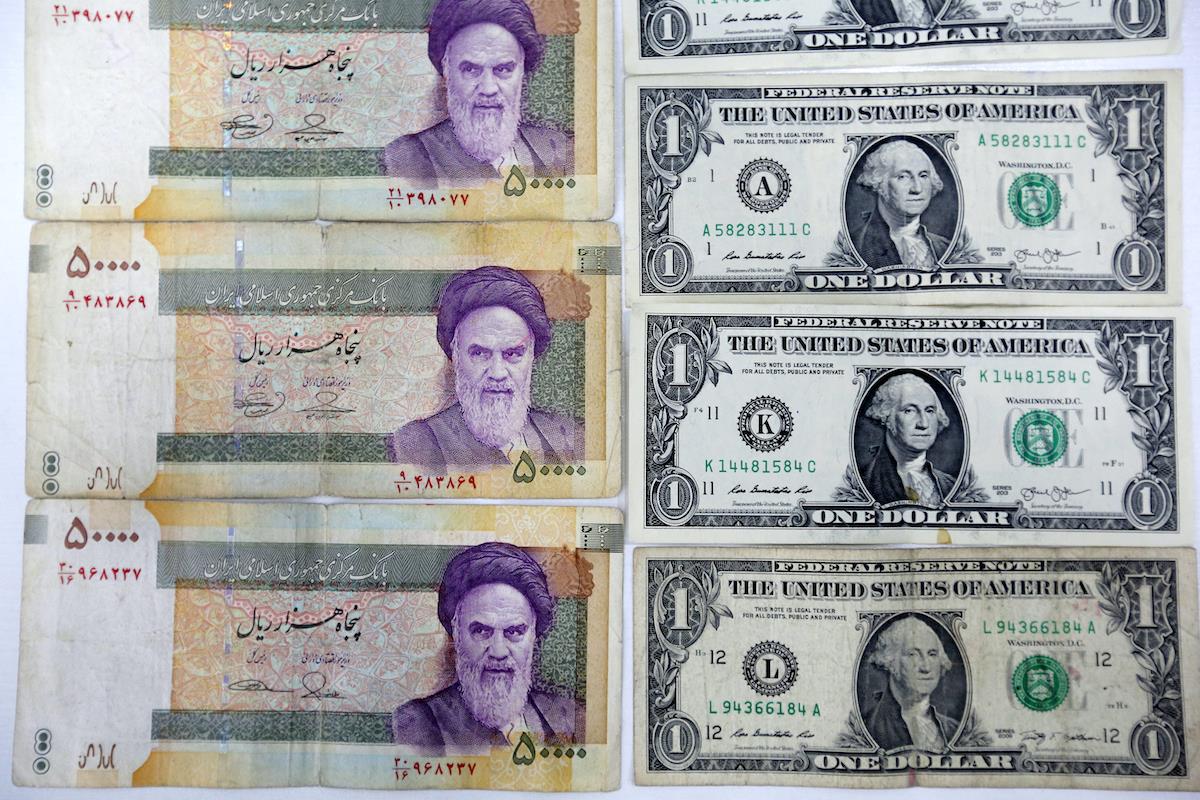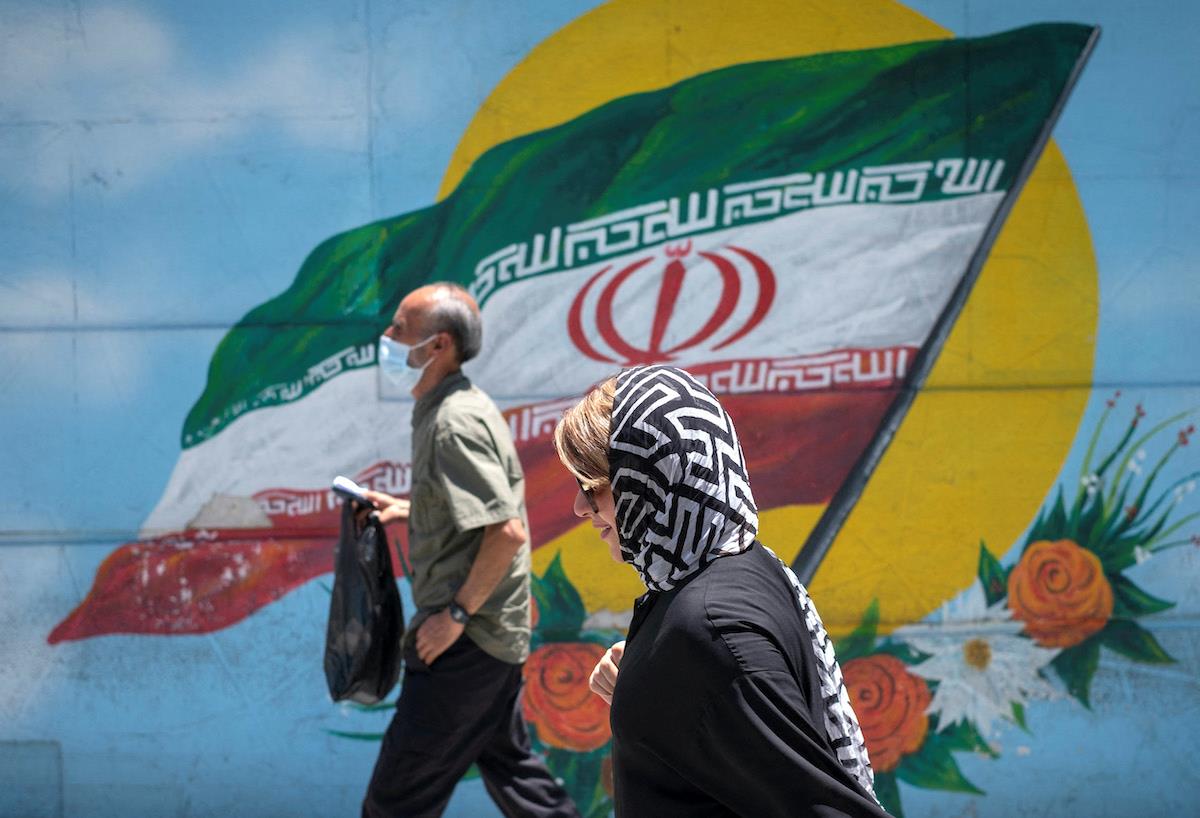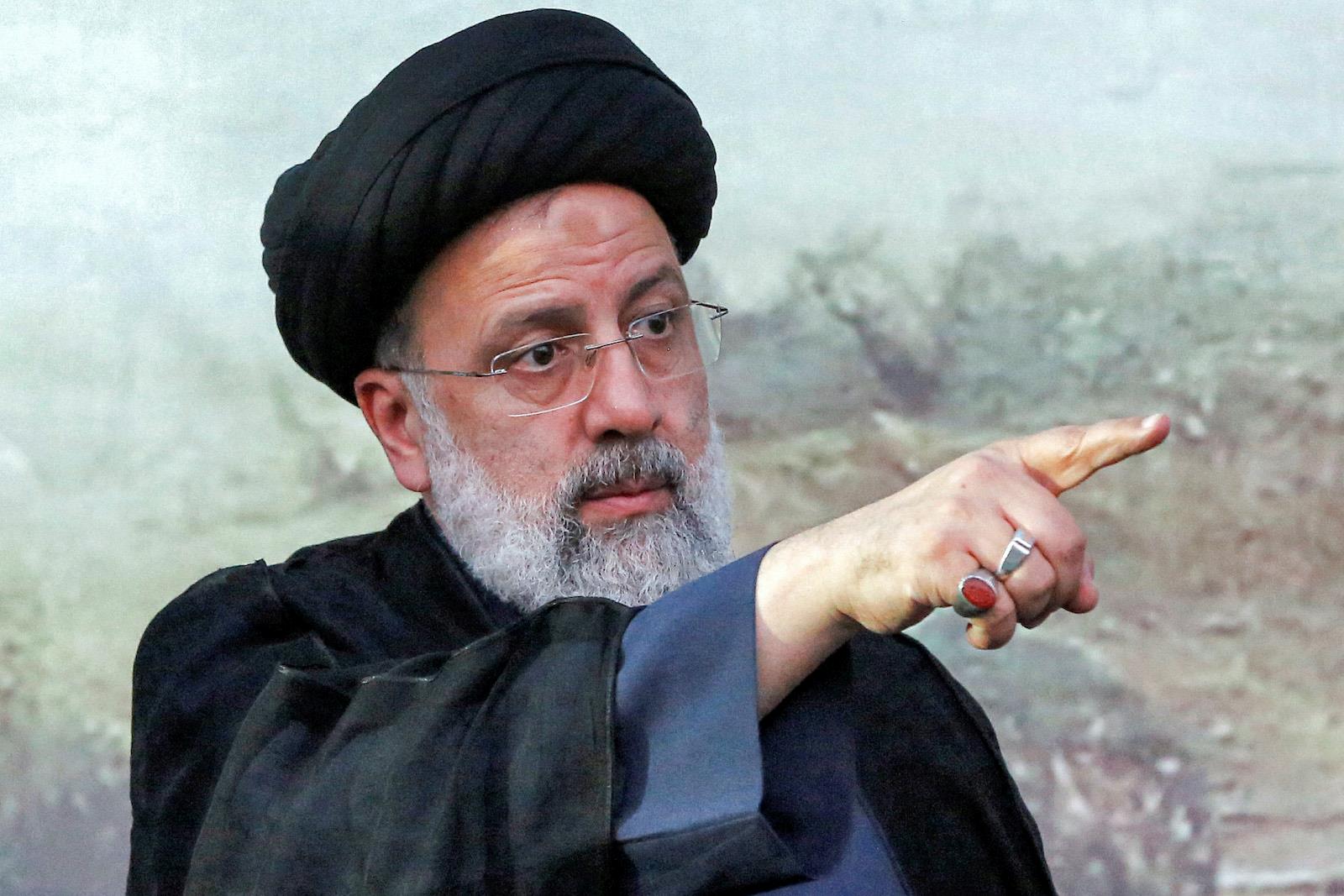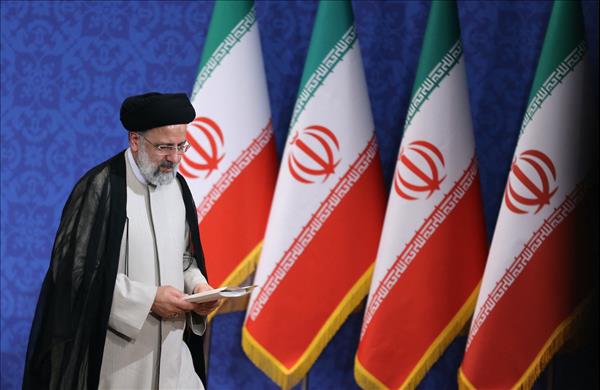
Raisi faces a do or die economic dilemma
(MENAFN- Asia Times) Speculation is rife in Iran over who will steer the economy under President-elect Ebrahim Raisi, the conservative cleric and judicial head who clinched an easy victory in the June 18 election.
The challenges Raisi faces are severe and experts are already casting doubt on his ability to remedy the economy given his limited statecraft experience and the ambiguity surrounding his plans for post-Covid economic recovery, taming hyperinflation and incentivizing investment.
By any measure, Iran is in the throes of a cataclysmic economic recession, aggravated by the global pandemic and the economic sanctions that have crushed the livelihoods of ordinary citizens and businesses since former US president Donald Trump scrapped the Joint Comprehensive Plan of Action (JCPOA) in May 2018.
The US has since waged full-scale economic warfare on the Islamic Republic, warning countries worldwide they would forego their US links if they did business with Iran or purchased its oil.
Talks are now underway in Vienna to resurrect the nuclear deal, which may allow Iran's economy to breathe a certain sigh of relief after years of stagnation unleashed by Trump's“maximum pressure” campaign.
The official inflation rate in Iran, according to distinguished Johns Hopkins University economist Steve Hanke, currently stands at 46.9%, while the annual inflation rate is 29%, meaning that Iran is presently the 12th most inflationary economy in the world.
Iran's currency, the rial, is now traded in the unofficial market for 242,000 rials per greenback. The official rate is 42,000, according to xe.com.

Rial banknotes next to United States one-dollar bills. The currency on the left is quickly losing value. Photo: AFP / Atta Kenare
In 2016, one year after the JCPOA was signed and formalized as a UN Security Council resolution, Iran's economy recorded exceptional growth of 13.4%. That was driven by a healthy influx of foreign investors and international companies that cranked up Iran's markets.
Iran signed contracts with a multitude of international firms, including Royal Dutch Shell, Schlumberger, General Electric, Honeywell International Inc, Siemens Corporation, Peugeot, Airbus SE and Boeing to revolutionize its energy sector, revamp its auto industry and renew an aging aviation fleet.
By 2017, Iran's shipment of oil and gas condensate amounted to nearly 1 billion barrels, averaging 2.62 million barrels per day. All of those investors, despite having made millions of dollars in revenue, repealed their deals with Tehran and left the country after the US ceased its participation in the JCPOA.
In 2018, GDP contracted by 6% with the US pullout from the nuclear deal and the restoration of sanctions. The downward trend persisted in 2019, when GDP shrank by a further 6.78%.
The World Bank has projected that GDP will grow by 1.7% in 2020/21. Yet this comes against the backdrop of a middle-class which has become significantly debilitated and a working-class that has lost its purchasing power disproportionately as the riel crumbles.
As many as 60 million Iranians are now officially estimated to be living below the poverty threshold, and labor officials say half of those are grappling with“extreme” poverty. At the same time, in a country that is a major exporter of agricultural crops, fruit and poultry, 35% of the population faces the risk of malnutrition.
The regeneration of Iran's troubled economy to a large extent depends on whether it can successfully achieve sanctions relief and re-establish its banking and financial ties with the outside world.
According to Abbas Akhoundi, a pro-reform politician and the former minister of roads and urban development, Iran pays a superfluous US$20-25 billion annually to be able to sustain its foreign trade under the sanctions. He claims the cost of circumventing sanctions has totaled $400 billion over the past 16 years.
Akhoundi warns“when this situation has persisted for 16 years, it has actually been institutionalized and has serious beneficiaries … these beneficiaries are trying to maintain the status quo.”
Parliamentary hardliners and religious preachers close to the Supreme Leader Ayatollah Ali Khamenei have long said that sanctions have been a blessing in disguise for Iran's economy because they have prompted the country to embrace self-sufficiency and boost domestic production.
But that's not how most economic analysts see the situation.
“The slogan that sanctions are a blessing in disguise is just that, a slogan. Raisi and other hardliners know this as well. The Iranian ruling class is aware that they can promote self-sufficiency in local production, management and innovation while engaging the West. It is all a matter of economic management and leadership,” said Ali Abootalebi, a professor of Middle Eastern and global politics at the University of Wisconsin, Eau Claire.
The US-based academic also says the wide discrepancy between the official and black market exchange rate is one of the key drivers of corruption and economic distortion in Iran and that the onus will be on the Raisi administration to resolve the situation, even though this cannot actually happen without sanctions being lifted.

Iranian people walk past an Iran flag in downtown Tehran on May 30, 2021. Photo: AFP / Morteza Nikoubazl / NurPhoto Currency conundrum
“There are practically three different exchange rates in the market: the official, the central bank's platform called Nima where exporters can sell their earned foreign currencies to importers, and the open market where speculators and people with access to foreign currencies engage in transactions,” he said.
“The three-tier exchange rate has severely contributed to corruption … Iran needs to have a uniform exchange rate to effectively deal with corruption, but this cannot be resolved without some relief from sanctions,” he told Asia Times.
Yet, even if the sanctions are rescinded as part of the negotiations underway in Vienna conducted by the outgoing Rouhani administration, it's not clear how Raisi's team would react and follow-up.
Some critical observers believe Raisi will likely opt for an insular policy that limits his options for economic engagement to Russia and China.
“I am not sure how open the new administration is to working with the West. However, it comes to power with the support of those who already have ties with Asian economies. I believe Iran will continue to look East, not West,” said Ali Dadpay, an associate professor of finance at the Gupta College of Business, University of Dallas.
“It will try to play a more prominent role in China's Belt and Road Initiative and to launch infrastructure projects with direct investment from Asian countries,” he told Asia Times.
Dadpay, who is also a contributor to Al-Monitor, implies that the influence of the Islamic Revolutionary Guard Corps over the petroleum sector will likely grow under Raisi, which would be tantamount to the increased militarization of the Iranian economy.
“At the moment, the new administration emphasizes its ability to coordinate all branches efficiently since fundamentalists and conservatives have taken over the executive and legislature. However, to be in charge does not mean they will make good choices in policymaking,” he said.
Resistance economy“They will try to regain those lost markets. I have a feeling that instead of the National Iran Oil Company leading the charge, the business entities belonging to the military and regime establishment will be in charge. The new administration will try to establish new channels to supply old markets,” he added.
One of the demands of Ayatollah Khamenei is Iran's adoption of a“resistance economy” model, which has been interpreted variously over the years. Khamenei has ruled out the resistance economy is about cutting ties with the wider world, but Raisi is perhaps his best bet to put the cryptic ideology into a more coherent, anti-West practice.
“Even as the Supreme Leader calls for a resistance economy, Iran is negotiating a 25-year-old strategic agreement with China. Iran has never ignored the advantages of a smooth trade relationship. I am sure Mr Raisi can and will interpret a resistant economy in a way to promote trade relationships with Iran's strategic partners in Russia, Asia and South America,” Dadpay said.

Ebrahim Raisi's election as Iranian president was marred by a low turnout and the banning of moderate opponents. Photo: AFP
Although President-elect Raisi has made vague pledges about constructing 4 million housing units, tackling corruption and improving the people's livelihoods, observers are cynical about his ability to deliver fundamental structural reforms.
Mohsen Tavakol, a nonresident senior fellow at the Atlantic Council's Middle East programs, doesn't foresee a near-term breakthrough in Iran's economic situation under Raisi because he says re-entering the JCPOA or a similar agreement cannot happen“before 2023 at the earliest” as the geopolitical landscape has changed since 2018.
“I don't anticipate a fresh influx of foreign investments into Iran any time soon, as many foreign firms, both industrial and financial ones, that got engaged in Iran during the glory days of the JCPOA between 2015-2018 incurred great losses when they had to exit Iran due to re-imposed US sanctions and the US withdrawal from the JCPOA,” he told Asia Times.
“The foreign firms and investors are showing extreme caution to re-enter Iran in the same way that Iran and its counterpart states are expressing extreme caution to re-enter the JCPOA or a similar agreement.
“Like in any other country, a stable political and economic environment is needed for both domestic and foreign firms to function properly and there is yet no indication that the election of Raisi or re-entering the JCPOA would promote and guarantee such a stable environment,” he said.

Legal Disclaimer:
MENAFN provides the
information “as is” without warranty of any kind. We do not accept
any responsibility or liability for the accuracy, content, images,
videos, licenses, completeness, legality, or reliability of the information
contained in this article. If you have any complaints or copyright
issues related to this article, kindly contact the provider above.

















Comments
No comment